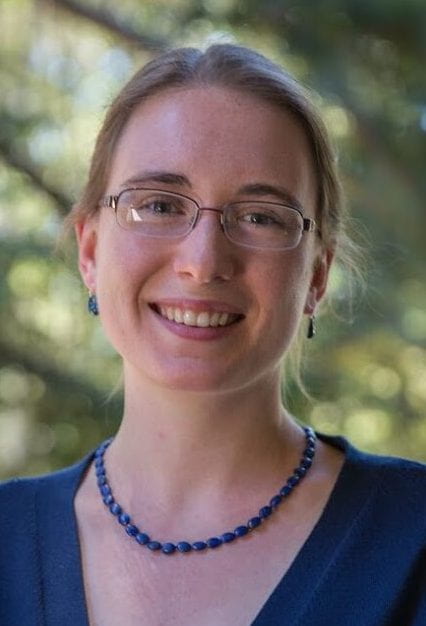Dissertation Defense
Lauren Sanders, PhD Candidate, Biomolecular Engineering & Bioinformatics
Thursday, June 4, 2020 – 10:00 am
Zoom – https://ucsc.zoom.us/j/95333252052
Abstract
Pediatric cancers are different from adult cancers in that they often have few targetable DNA mutations, and in most cases are thought to be developmental in origin rather than environmental. While overall survival rates for pediatric cancer have increased in the past few decades, there remain several difficult-to-treat pediatric cancer types, including deadly pediatric diffuse midline and brainstem gliomas. However, advances in genomics data generation and analysis methods have made it possible to start identifying the dominant signaling pathways, developmental origins, and ultimately therapeutic vulnerabilities of these tumors.
Here I present my work in the UCSC Treehouse Childhood Cancer Initiative using comparative gene expression analysis methods to identify a rare cancer subtype with treatment and outcome implications. This work demonstrates the utility of gene expression data for molecular subtyping in the clinic, especially in rare or difficult-to-diagnose pediatric cancers. I also present my work identifying a developmental window of opportunity for the histone H3 K27M mutation event, which characterizes a majority of brainstem gliomas and is associated with especially poor overall survival. The cell-of-origin and developmental timing for gliomagenesis in this tumor type has been a subject of much research in the past decade, and my work helps to address this clinically relevant issue.
Finally, I present an analysis of multiple types of genomic data across thousands of primary tumors and diverse cancer laboratory models (cell lines, organoids, and patient-derived mouse xenografts). I report that cancer organoids have the advantage of being relatively accurate cellular representations of primary tumors, and time- and cost-effective. Therefore, I present the development of a novel human embryonic stem cell based cerebral organoid model of the histone H3 K27M mutation in early human embryonic brain development. This model can be used to answer outstanding questions in the field to better help treat these devastating tumors.
Bio
Lauren Sanders is completing her PhD at the Treehouse Childhood Cancer Initiative in the UCSC Genomics Institute, co-advised by Professors David Haussler and Olena Vaske. Her research interests focus on leveraging genomics data and cerebral organoids to study the developmental origins of pediatric gliomas.
Advisors
David Haussler and Olena Vaske
To accommodate a disability, please contact Ben Coffey at the UC Santa Cruz Genomics Institute (becoffey@ucsc.edu, 831-459-1477).
